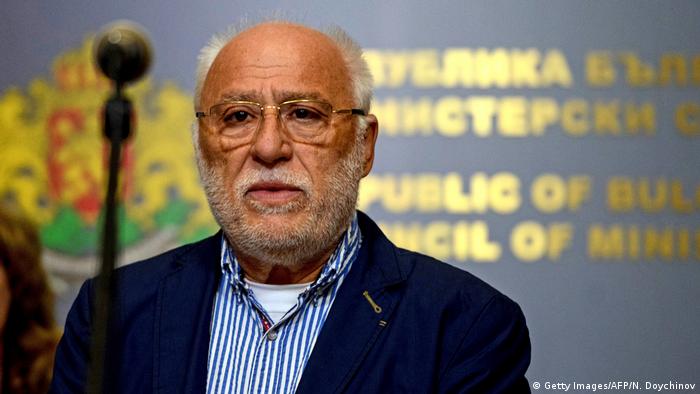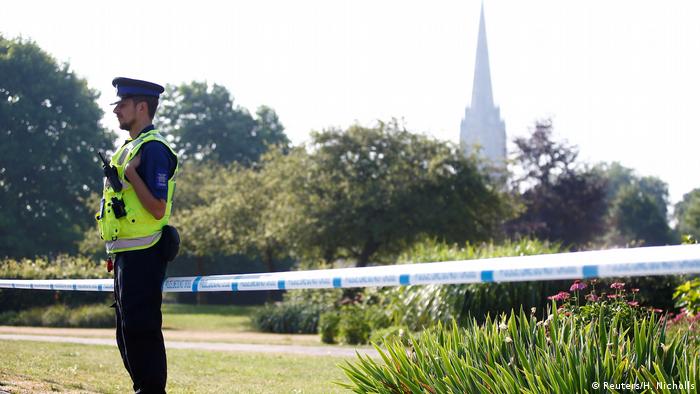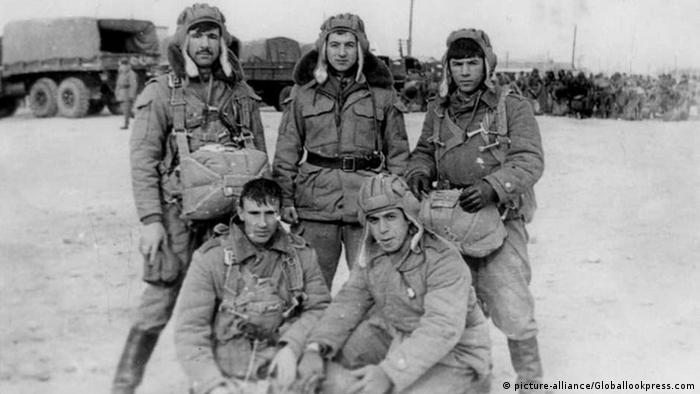In April 2015, eluded the Bulgarian arms dealer Emilian Gebrew just a poison attack. Now, evidence that the attack could be linked to the attempted murder of Sergei Skripal harden.

The poison was an attack on the Bulgarian arms dealer Emilian Gebrew on 28 April 2015, a precursor to the poisoning of Sergey Skripal and his daughter Yulia in March 2018? This suspicion set in October 2018, the research platforms on the Fontanka, and Bellingcat, after you want to identify a third party probably involved Russian agents. Under the name of Sergei Fedotov, the suspected Agent of the Russian military was traveling secret service three days before the attack on Skripal to England, claims the Research Team.
2015 Fedotov was also three times after Bulgaria entered the country, confirmed on the 11. February, the Bulgarian chief Prosecutor Sotir Zazarow. Demonstrably, he was also at the time of the attack on Gebrew in Sofia, Zazarow.
“We examine the entire period, he has in the Bulgarian lands spent: the Hotels, the vehicles used, his contacts with Bulgarian citizens,” said the Prosecutor.

Police in Salisbury after the poison attack on Sergei Skripal and his daughter
Both the motion profiles of Fedotov in England and Bulgaria, as well as the poisonous substances in the two attacks were very similar to that claimed, the Research Team of Belingcat. The Bulgarian Prosecutor’s office has rolled up due to the new information, the investigation in the case of Gebrew in October 2018. And after a Meeting of Bulgarian Prime Minister Boiko Borisov and the chief Prosecutor’s Zazarow with the British Ambassador in Sofia, Emma Hopkins, was on 11. February is a close cooperation for the investigation of the cases announced.
Who is Gebrew Emilian and what exactly happened on the 28. April 2015?
During the Cold war, Gebrew worked for the Bulgarian state group Kintex. At that time, the Balkans was one of the country of the largest Weapons exporters in the world – especially as a producer of Kalashnikovs and Reexporteur of Soviet weapons systems. After the turn of Gebrew in 1992 founded his own firearms company Emko and was very successful: in 2017, the company placed 100 million euros. At this time, Bulgaria is promoted as a weapons producer. With an annual volume of more than a billion euros, the country was 2018 the largest weapons exporter in Eastern Europe. Bulgarian weapons, the products of Emko, were sold mainly in the Middle East (including Syria) and in the Ukraine. Bulgarian media speculate that this development could have angered Moscow.
28. April 2015 collapsed Gebrew at a reception. Also, his son and an employee were taken to a hospital. The diagnosis was poisoning by a pesticide in an arugula salad or in coffee. Gebrew awoke from the coma, his son and the staff had a rest. The weapons producer sent then blood samples to two laboratories in Switzerland and Finland. In Helsinki, the traces of two organophosphates were discovered, one of the two substances, but could not be identified. The research team of Fontanka and Belingcat claimed, however, that the unidentified substance had actually been Nowitschok – the same poison as in the attack on Skripal.

A recording of Sergei Skripal (center) during an operation in Central Asia in 1977
The same toxin as in the case of Skripal?
The former Bulgarian Minister of defence Boiko Noew shares this assumption: “[Gebrew and his companions] were poisoned with organophosphate. It is a substance of the same group as Nowitschok,” said Noew in a TV Interview on the 12. February.
Noews explanation: With Gebrews poisoning the Kremlin wanted to hijack the Bulgarian arms industry and the country as a member of Nato to destabilize the situation. With this assumption, he is not alone. The Russian influence in Bulgaria is still very strong, according to surveys, more than 50 percent of the Bulgarians in Russia are set to positive. Observers warn constantly that the Russian government would like to use Bulgaria as a “Trojan horse” in the EU and in Nato. And the Bulgarian governments are always very cautious about Moscow. So, Bulgaria is one of the 14 EU-countries, which has shown following the attack on Skripal no Russian diplomats. And today is also the poisoning of Gebrew tried the authorities in Sofia to sweep back under the carpet, so Noew.
If this is so, and what connections have been discovered so far in the suicide attacks on Skripal and Gebrew – details of a hearing in the Bulgarian Parliament on 14. February expected.